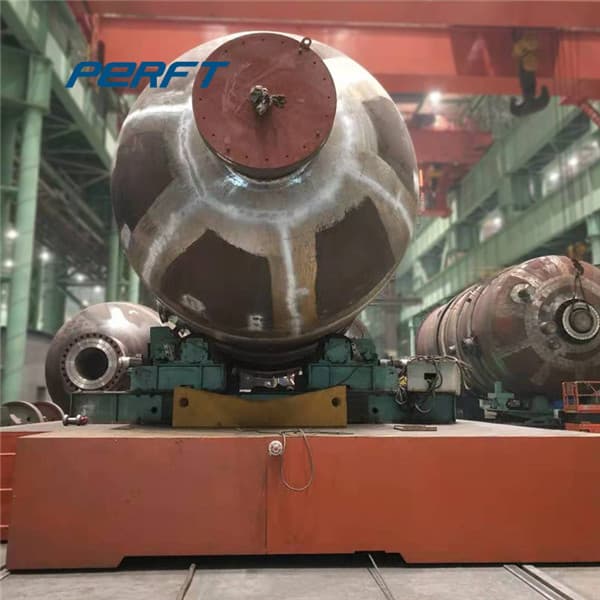
RMG Automation - Manufacturer of Auto Water Level Controller, Water Level Indicator with Alarm, Fully Auto Water Level Controller, Dual motor pump controller, Multiple Tank controller, Electronic Water Level Controller, IR RF Light Fan remote Controller, RFID, Bio-metric Attendance and Access Controll, Fire Alarm, Timer Controller, Temperature Controller.
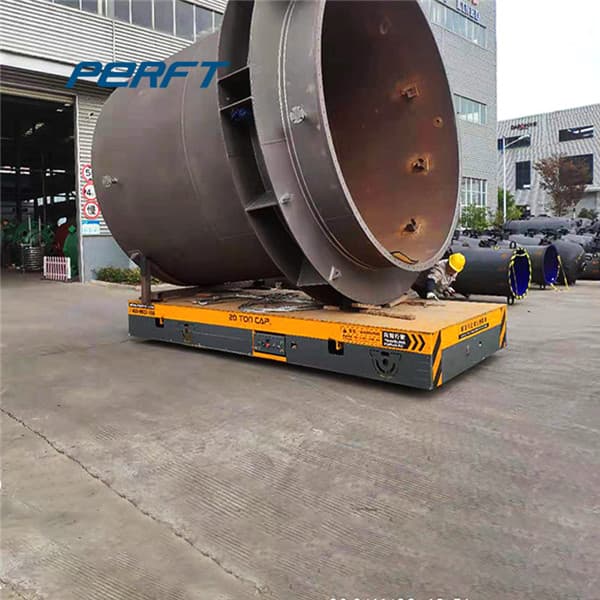
Die T-Tables. Atlas Die T-Tables are based on our die cart and rack technology combined. The long rack portion contains a conveyance device and is divided by a center die table section complete with a push/pull module. The incoming die is delivered to station 1 and conveyed to station 3 for pre-staging and/or waiting for changeover.
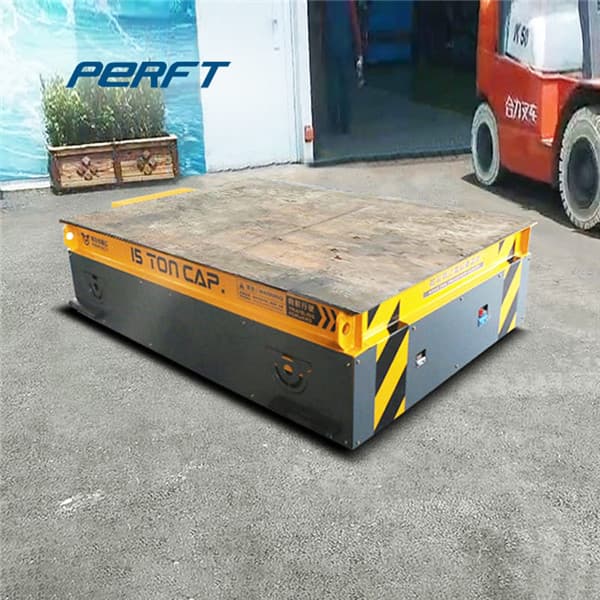
1 torr = 0.133322 kPa = 13.5951 mm H 2 O = 1.33322 mbar = 0.01934 lb / in 2 The reason for preferring torr is that vacuum is most often measured by a barometer or a manometer which gives a direct reading of vacuum as a measurement of a liquid column.
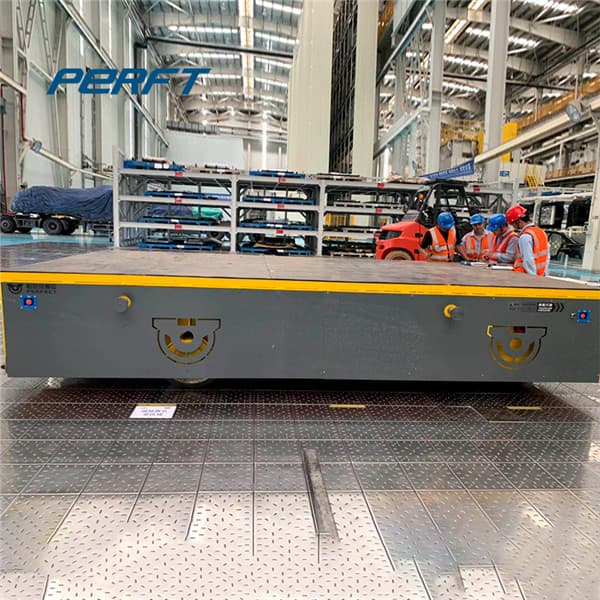
Heavy duty motorized transfer carts are applied for heavy load industrial materials handling. Loading capacity from 1 T to 500 Tons. the transfer carts can auto control.
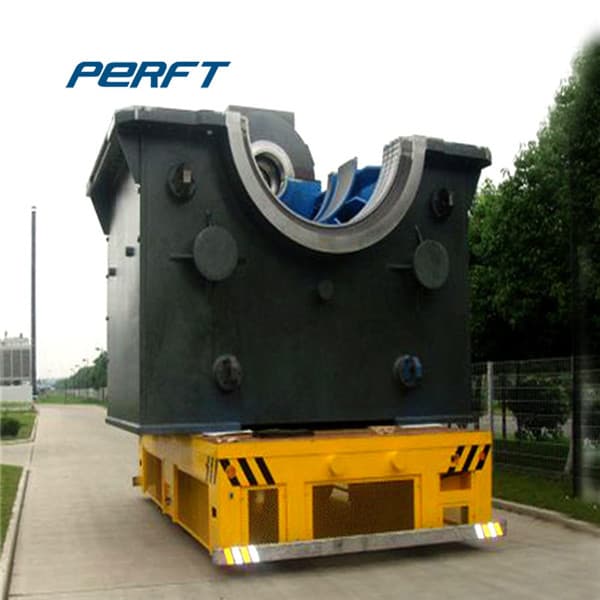
The smallest size is the 1/32 DIN, which is 24mm × 48mm, with a corresponding panel cutout of 22.5mm × 45mm. The next size up is the 1/16 DIN which measures 48mm × 48mm with a panel cutout size of 45mm × 45mm. The 1/8 DIN is 48mm × 96mm with a 45mm × 92mm panel cutout.
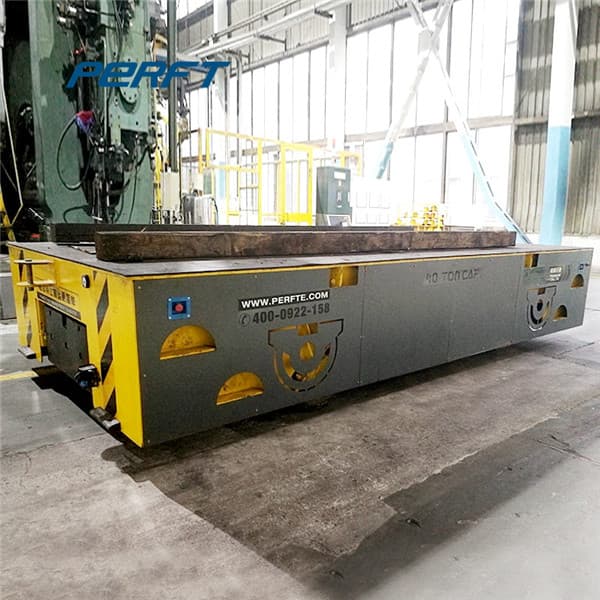
The press and the die have a continuously adjustable hydraulic overload protection system The web-based controller comes as standard with a 12” touch screen, is easy to use, and has ports for connecting a PLC Peripherals can be connected to the press control system and operated from the touch screen BENEFITS
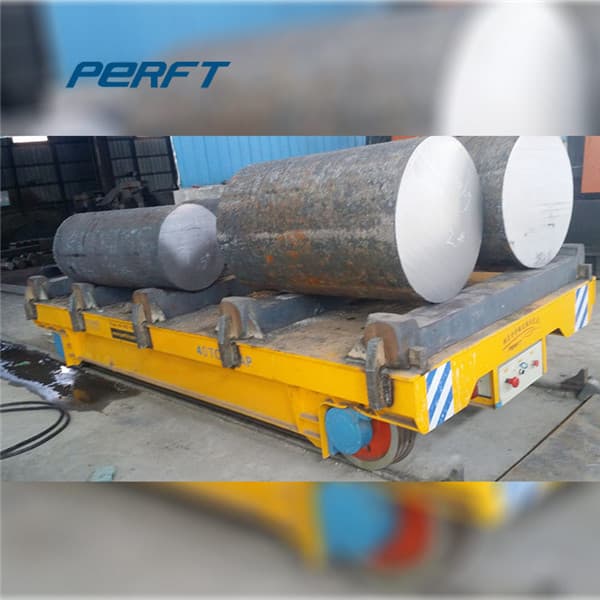
The DSR regulators are an advanced AVR regulator replacing the traditional auto voltage regulator. This voltage regulator is fully digital controlled and is fitted as standard across all our ECO and ECP models. Connections on the DSR regulators are through 15 fast on / fast off connectors which speed up the connection process.
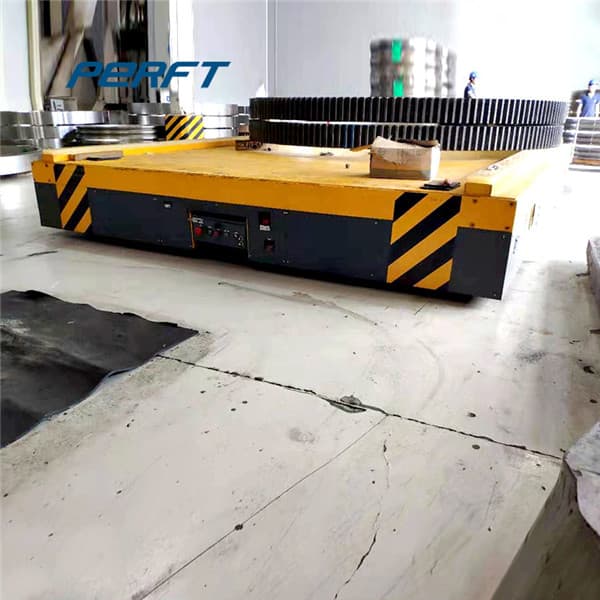
Different Types of Die Transfer Carts for Your Reference. Rail powered transfer cart; Low-voltage rail powered transfer cart is a popular choice to handle dies and other materials and products. It is designed to transport loads weighing up to 150 tons and more. The rails are required to be insulated if you use this type of transfer car.
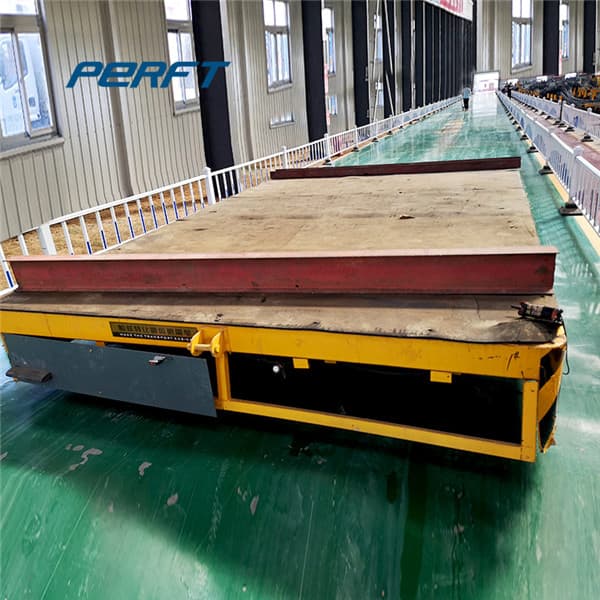
As you can understand, an auto forklift travelling at high speed with 1 ton (2,200 lbs) has “potentially” higher risk than a small auto guided cart at low speed carrying 100 kg (230 lbs). Let’s say, for example: Forklift, high speed, heavy load à Severity Level 4 Undercart, low speed, light load à Severity Level 2
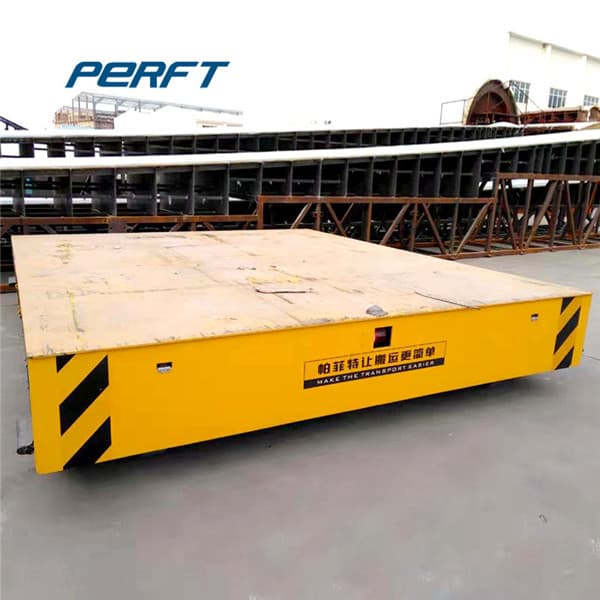
Manual Walk Behind Die Cart. 1,000 lbs. capacity at 18” load center. Powered push/pull mechanism for die load/unload. Platform is welded unitized construction for strength and safety. Roller lift chain with over 9,000 lbs. yield. Floor lock is standard. 2” wide phenolic wheels are standard. Acrylic safety shield provides operator with
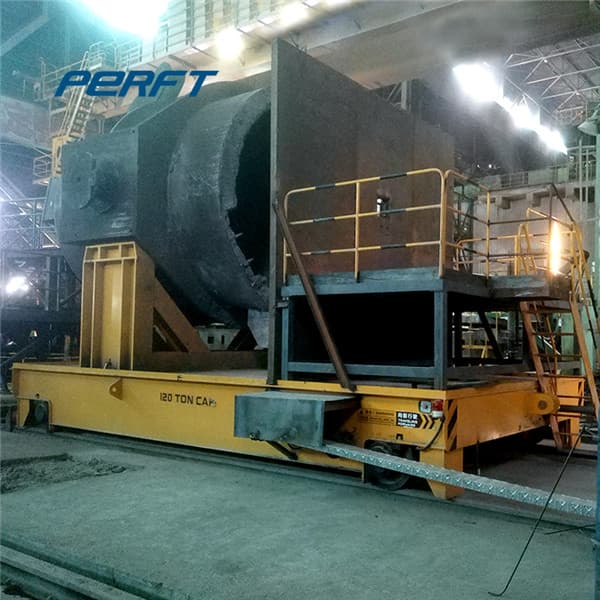
produces transfer functions for all outputs to each input. (The numerator coefficients are returned to matrix NUM with as many rows as there are outputs.) Consider the system defined by This system involves two inputs and two outputs. Four transfer functions are involved: Yl(s)/Ul(s), Y,(s)/U,(s), Y,(s)/U2(s), and Y2(s)/U2(s). (When considering
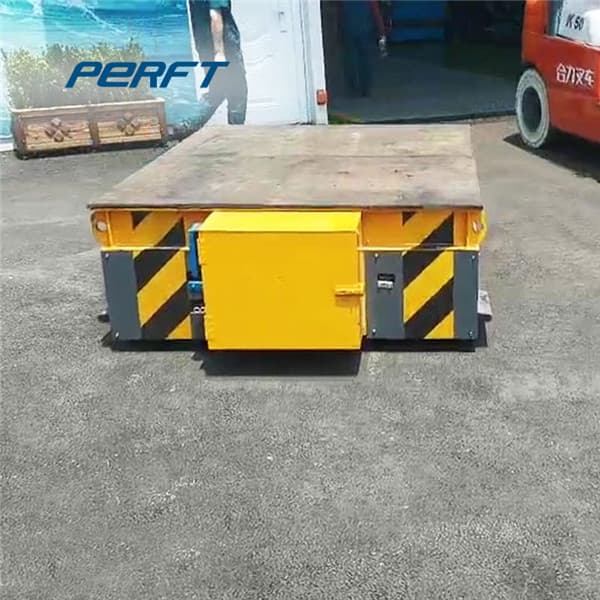
Advantages of Open Loop Control System 1. Simple in construction and design. 2. Economical. 3. Easy to maintain. 4. Generally stable. 5. Convenient to use as output is difficult to measure. Disadvantages of Open Loop Control System 1. They are inaccurate. 2. They are unreliable. 3. Any change in output cannot be corrected autoally. 2
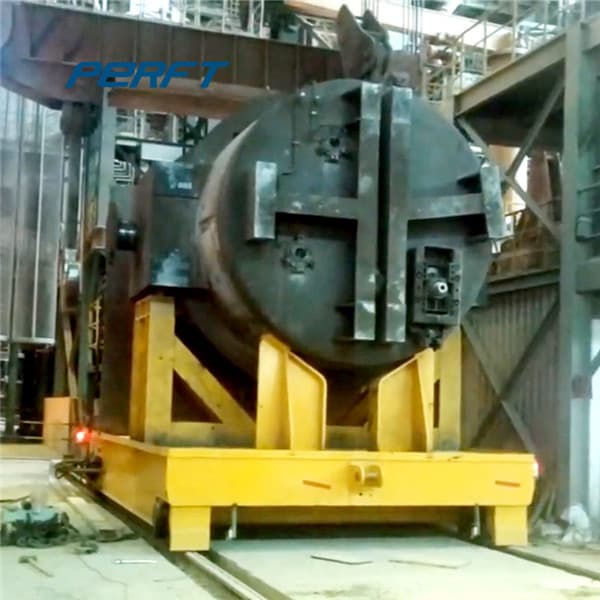
0 1 P2 + P3 Q2 + Q3 On 1 0 P1 + P3 Q1 + Q4 On 1 1 P1 + P2 Q1 + Q2 On Transfer between 2 sources - 2 Bus bars (continued) 2) Sources are 2 transformers : loads aren’t differentiated Operation • Only one emergency handle (2 in the last case) • Secured padlocking system • In the first case (between transformer and genset), a
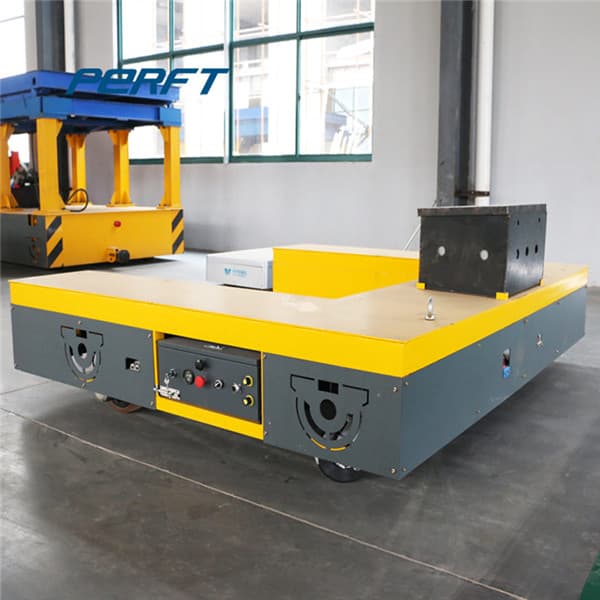
Oct 31, 2016 · On New Year’s Day 1968, the programmable logic controller (PLC) was first designed. Whilst most were busy celebrating and making resolutions, Dick Morley was planning his invention. The PLC has been used ever since to make logic based decisions in automated industrial processes. Despite their resilience and rugged design, PLC-based control systems can still break